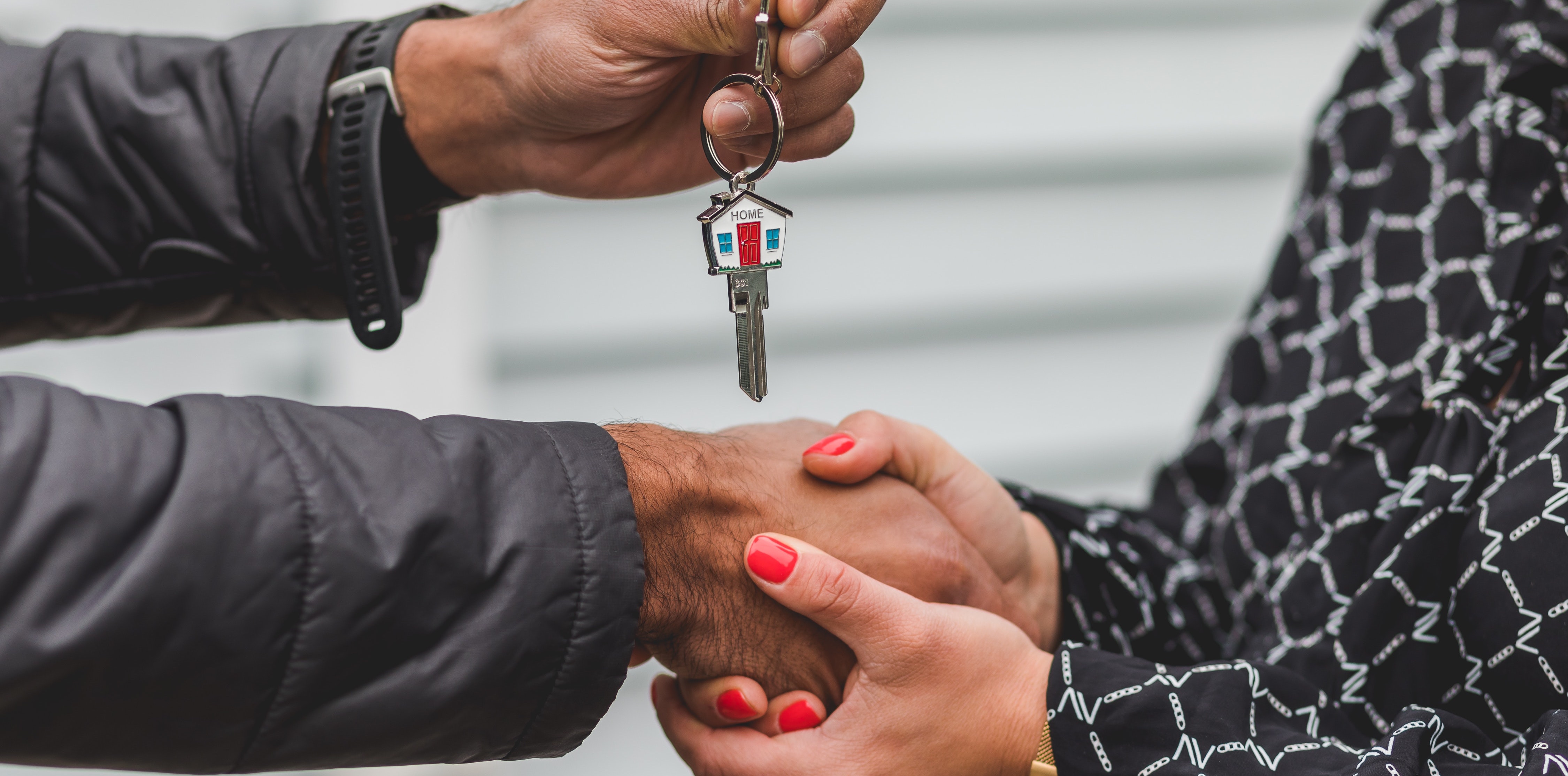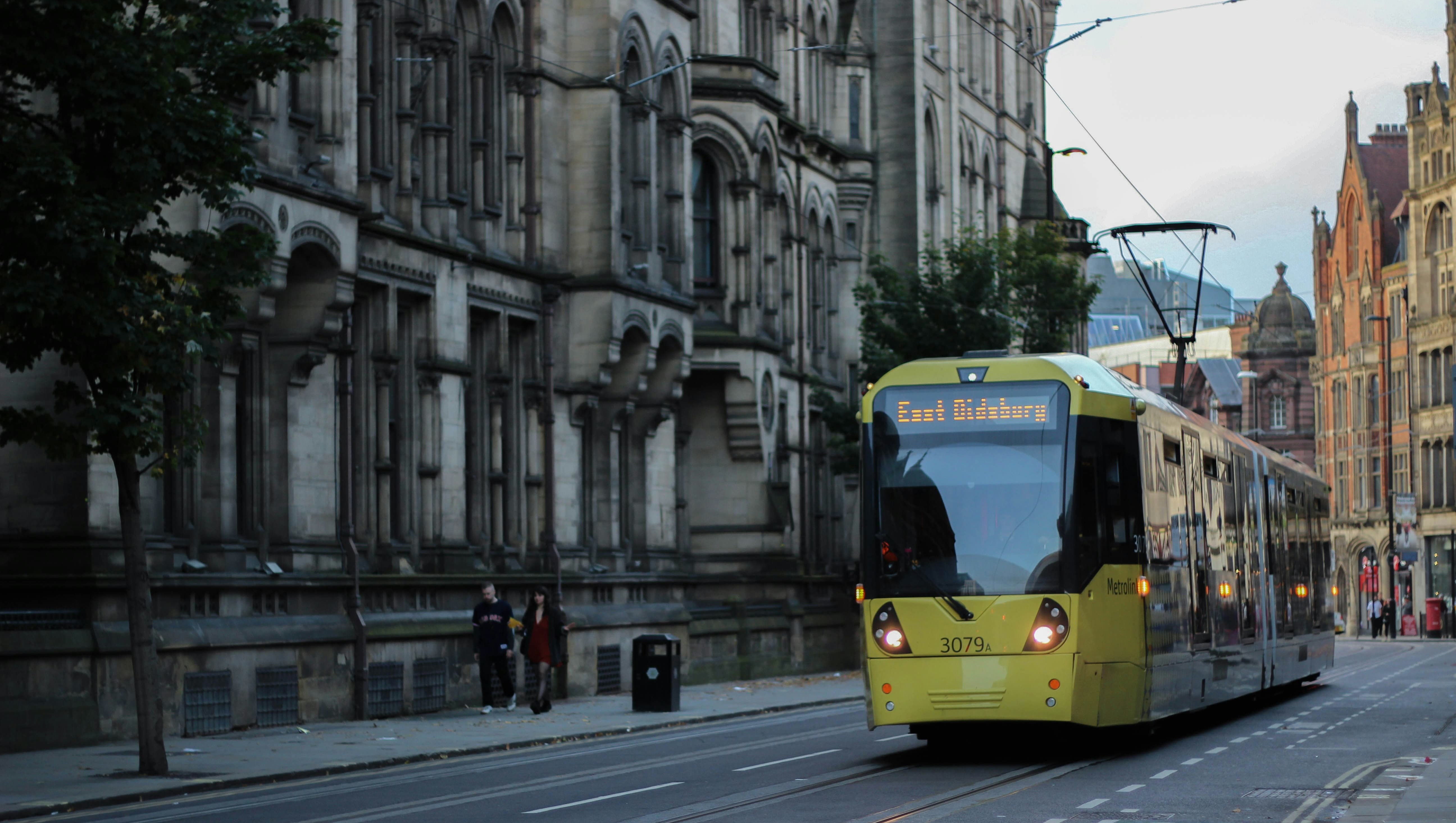
A buy to let mortgage follows a different set of rules and requirements than a residential mortgage. So what do you really need to know? The differences extend to minimum property value, minimum borrowing amount, expected deposit, and repayment criteria. A lot of these factors are also based on the loan providers. There are many components to consider when figuring out how much you can borrow and how much you need to have in the bank when it comes to buy-to-let. Let’s take a look at the 5 key things every property investor should know…
1. How much do you need to put down as a deposit in a buy-to-let mortgage?
The average buy-to-let mortgage deposit is 25%, however, you may be expected to provide a larger deposit for new build properties. It’s worth mentioning that the higher percentage deposit you put down, the better interest rates you’ll be likely to receive.
2. What is the smallest buy-to-let mortgage you can get?
Typically the minimum borrowing amount will depend on each lender's criteria and their appetite for lending. Buy-to-let mortgages can be as low as £25,000, but you may find that you are more restricted with which lenders will take on your case if your loan is below £100,000.
3. What is the limit on buy-to-let mortgages?
The maximum you can borrow is often tied to the deposit amount. So, not only do larger deposits result in better interest rates, but they also unlock the chance to borrow more.
4. How is the borrowing amount determined for buy-to-let mortgages?
The interest cover rate (ICR) is another facet present in the buy-to-let mortgage process. It typically sits at 125% for buy-to-let mortgages. This means your monthly rental income should be 125% of your monthly mortgage payment (based on the interest rate payable), and your property of choice should fulfill this criteria to ensure your eligibility for the mortgage. In some instances, there will be a stressed version of the mortgage rate payable, increasing the total mortgage amount.
5. How do lenders decide whether you can borrow for a buy-to-let mortgage?
When calculating mortgages, lenders will account for certain eligibility criteria and look at some personal factors:
- Age
- Credit history
- Financial outgoings
- Source of income
So, what should you consider before getting your buy-to-let mortgage?
Based on all these buy-to-let mortgage requirements it’s important to keep your property value, rental income, and expected deposit in mind before starting the mortgage process. If you want to explore buy to let mortgage rates, you can use a buy to let mortgage calculator to see what options you may be eligible for. If you want to more information on how to get a buy to let mortgage, we provide you with a digital process and step-by-step support where we do the heavy lifting. If you want to skip the stress, book a call with us.
Finance your buy-to-let property
GetGround offers access to easy and competitive buy-to-let mortgages. Wherever you are in the world, we can help you finance your next property investment. GG Mortgage gives you access to a wide range of lenders in conjunction with dedicated support throughout the application process. Ready to sort financing for your buy-to-let?

Andrew Mussai
Discover our recent property investing articles:
The Impact of Interest Rate Drops on UK Property Investors
On February 6th, 2025, the Bank of England announced a reduction in its base interest rate from 4.75% to 4.50%. Although an expected announcement, ...
Best Investment Property Locations in 2025: UK Regional Hotspots
The UK property market is becoming increasingly regionalised, with significant differences in growth potential, rental yields, and demand across the ...
How Economic Factors Can Impact UK Landlords
Even with the recent volatility of the UK economic market, the UK property market has remained resilient with homeowners and property investors still ...


